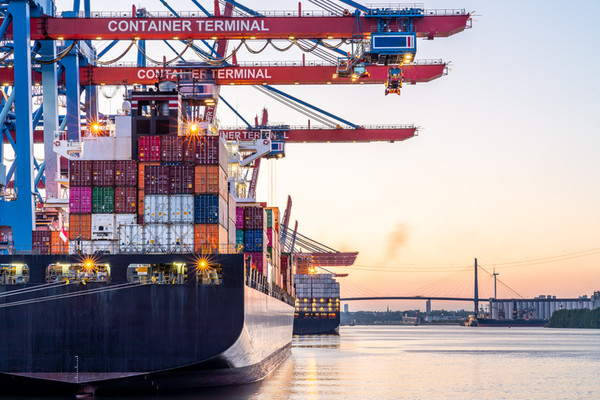With the global supply chain under duress due to the protracted Covid-19 pandemic, Korean pharmaceutical companies are having difficulty obtaining raw materials, leading to some medicines going out of stock, industry sources said.

For example, Yuhan Corp's constipation treatments Portalac powder and Lactitol powder Yuhan have temporarily gone out of stock. Yuhan imports raw materials for these drugs from the United States, but the company could not find containers to transport them, not receiving these materials in June as scheduled.
"It is difficult to say that it is entirely due to the logistics crisis, but the raw material importing company said the supply was difficult because it could not find containers to ship the materials," a company official told Korea Biomedical Review on Friday. "Fortunately, the company has found a ship to transport the raw materials from the U.S. and received them recently.
He added that the company has started production and expects to resume supply of the drug by the end of this month.
JW Pharmaceutical's Duphalac Easy, a constipation treatment, also ran out of stock recently, as the company could not obtain the raw material amid the global logistic chain crisis. Aside from the disruption in the supply chain, another reason for the production halt is the shutdown of raw material factories abroad due to the Covid-19 outbreak.
While the supply of raw materials has decreased, industry insiders said that demand has not ceased for the products, resulting in their shortage.
Three of Shinpoong Pharmaceutical's treatments -- Shincef, Neticin, and Tazicef – and two Theragen Etex's treatments – Almanogen and Fronyl – have been experiencing such problems.
"In the case of the two drugs, the supply of raw materials is not smooth," a Theragen Etex official said. "Overseas raw material makers are having trouble importing due to the shutdown, leading to supply shortages all over Asia."
As the Covid-19 epidemic is prolonging, the company believes the supply shortage will continue for the time being, he added.
While not related to the Covid-19 or the global supply chain crisis, Hyundai Pharmaceutical’s Elroton, a medication that dilates blood vessels, also saw a supply problem in August due to a power outage in China.
“In August, the supply of raw materials was difficult due to the power outage in China, but we have managed to import large amounts of raw materials in September and resolved the problem in October,” a company official said.
Due to the constant supply shortage of raw materials, there have been growing demands from the local industry to localize raw materials in the mid- to long-term to prevent similar problems in the future.
Korean drugmakers’ self-sufficiency ratio of raw materials has seen little increase in the past couple of years, as the level remains below the 40 percent range. The nation had recorded local self-sufficiency of raw materials of 26.4 percent in 2018, 16.2 percent in 2019, and 36.4 percent in 2020.
"We plan to raise the self-sufficiency ratio of raw materials to 50 percent in the next five years by selecting 200 ingredients that are urgently needed for localization among 2,000 ingredients," said an official at the Korea Pharmaceutical and Bio-Pharma Manufacturers Association (KPBMA). "To hit the goal, there is an urgent need for intensive support for localizing raw materials."

